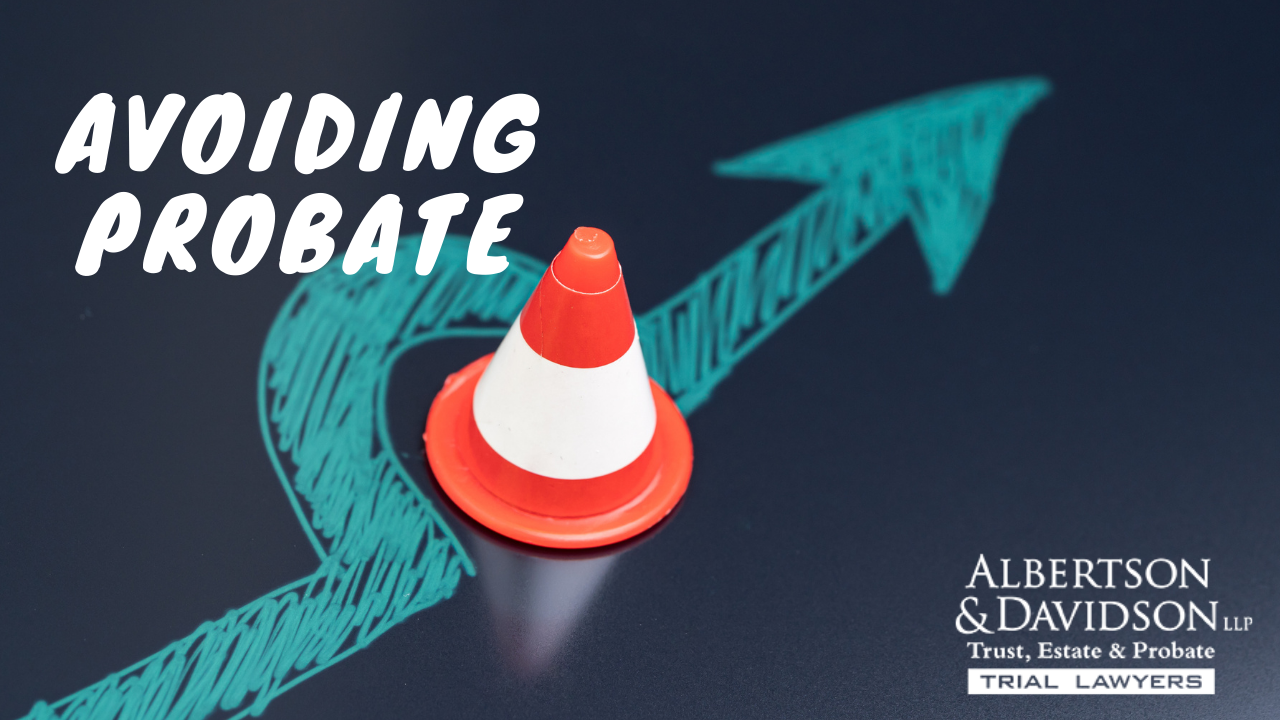
Shouldn’t it be easy if I want to transfer my property to my kids after I am gone? Whatever it may be: a house, savings, stocks and bonds. What does it matter if I use a Trust, will, or anything else? It should just pass to the kids. But passing assets to your children is not so easy because it all comes down to property ownership. The way in which you own your property will govern how that property passes at your children at death. And different types of assets are owned in different ways.
You probably never thought much about it. If you own a home, the deed should have your name on it. If you have a savings account, then your name should be listed on that account. These items belong to you, so they should be in YOUR name right? That’s true enough while you’re alive, but during the last Century financial institutions and State legislatures started to devise ways to make passing assets to children easier. And in the process, they created a system that can be far more complex, and far more troublesome, than what we had back when people just used good-old-fashioned Wills.
What is Probate Avoidance?
Probate avoidance is the process of passing assets outside of the court-supervised probate process. As we said before in this series, a Will must pass through the court-supervised process of Probate. The same goes for assets passing Intestate—that’s assets passing when someone dies without a Will. But the wonderful world of Probate avoidance has brought us far more ways in which to pass assets.
For example, joint tenancy. Maybe you’ve heard of it. If you take your home that is only in your name and you add a child to the deed as a joint tenant, then the house will pass to that child automatically upon your death. It’s called a “right of survivorship.”.
What is the Right of Survivorship?
When someone dies, the surviving joint tenants take over ownership automatically by operation of law. It’s kind of like a game of musical chairs. Those who claim a chair when the music stops win. The person left without a chair—in our example representing the person who died—is out as an owner.
Advantages of Joint Tenancy
Joint tenancy sounds convenient at first. Upon your death, the house passes to the Survivors with no court nonsense required. What could be easier? And better yet, joint tenancy can be used with other types of assets besides houses. You can use joint tenancy for bank accounts, financial accounts, all sorts of financial accounts can be created in joint tenancy.
Disadvantages of Joint Tenancy
Unfortunately, joint tenancy has a few hefty downsides:
- First, when you add someone to your home as a joint tenant, they effectively become a joint owner right then and there. That means the home is no longer owned by you alone. Want to sell it or refinance it? You can’t do that unless all the joint tenants agree. The same is true for financial accounts. Once you add someone as a joint tenant, they are an immediate joint owner. They can write checks, make withdraws, make financial decisions within that financial account. You are giving up control of your assets whether you mean to or not.
- And then there’s the surviving part. If you add one child as a joint tenant of your home, but you have more than one child, those excluded children could have a big problem. You see, the surviving joint tenant is the only person with a legal right to your property after you are gone. And the joint tenancy title to your home trumps your Trust or Will. In other words, you may have a Will that says your assets should pass equally to your children, but that does control a joint tenancy asset. Remember, joint tenancy was created to AVOID probate. Since joint tenancy property doesn’t go through the probate process, the Will has no effect on it.
You name one child as a joint tenant, that child can simply refuse to share the home with the other children. And they have no legal obligation to do so. The other children can fight it, but that would be a tough lawsuit that they would most likely lose.
Joint tenancy can be a useful tool as part of an overall plan to pass assets to children, but you had better know how to use it before you start adding anyone as a co-owner of your home or other assets. And you should be warned—just because one child is a joint tenant doesn’t mean they have any obligation to share with the other children.
